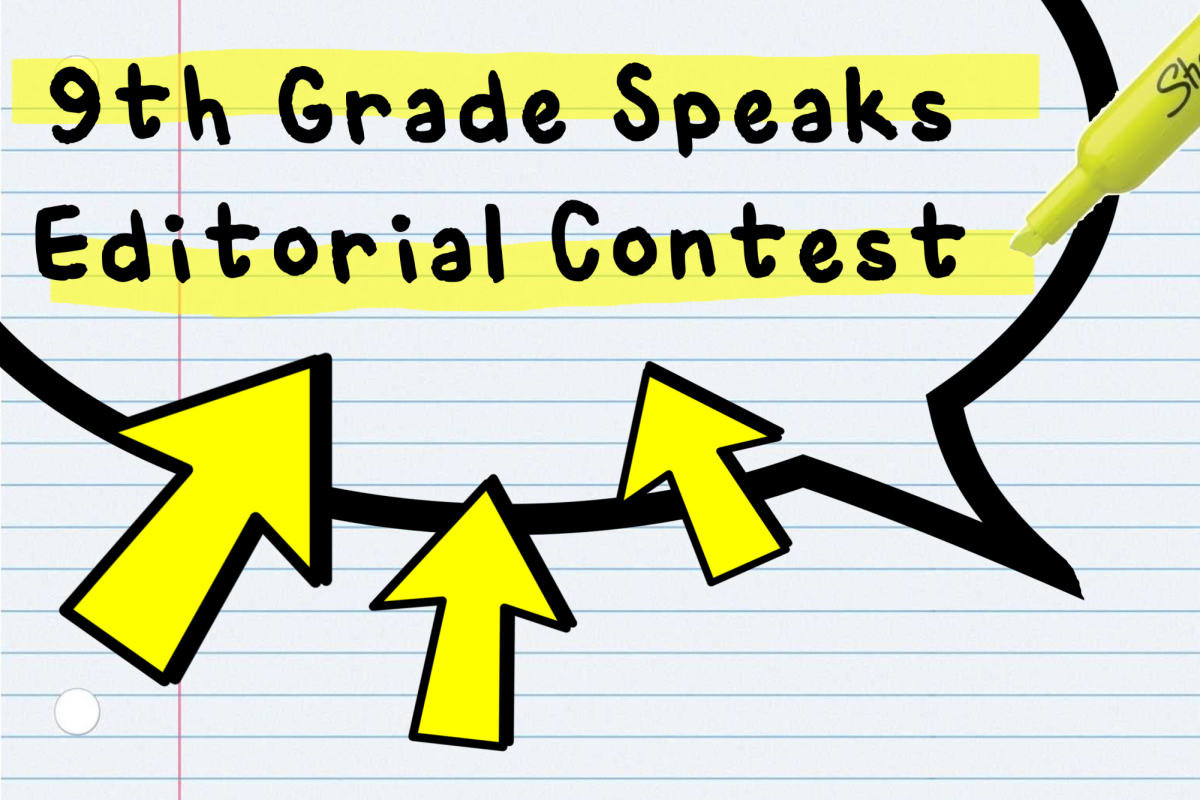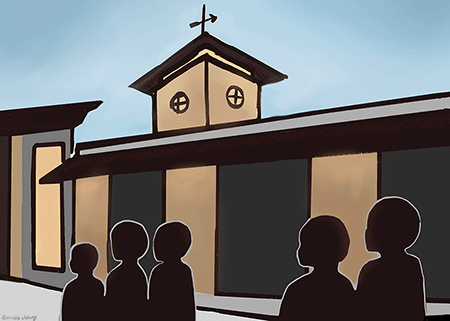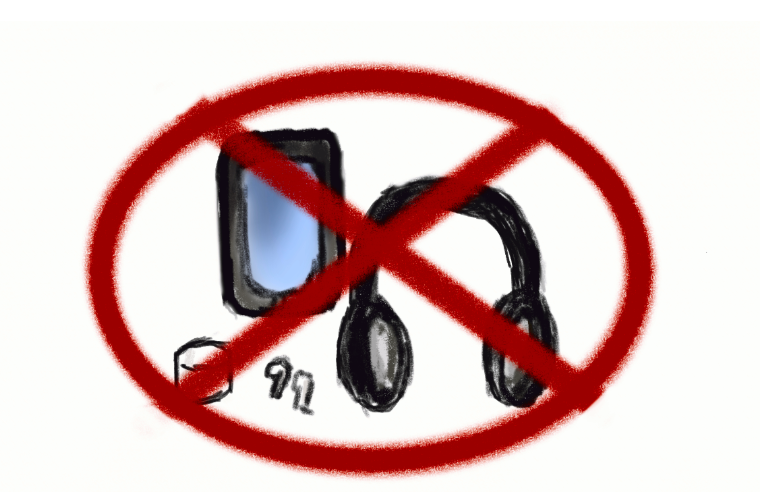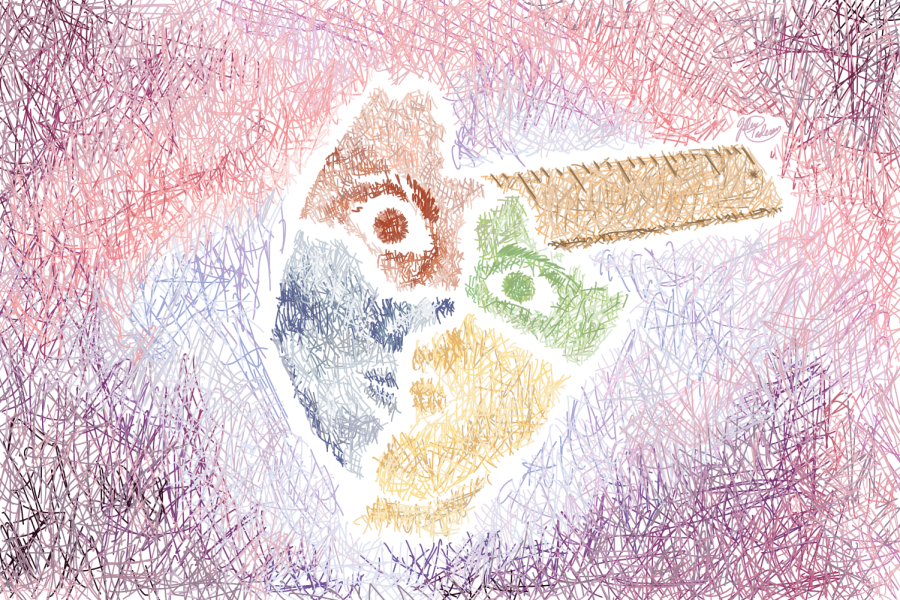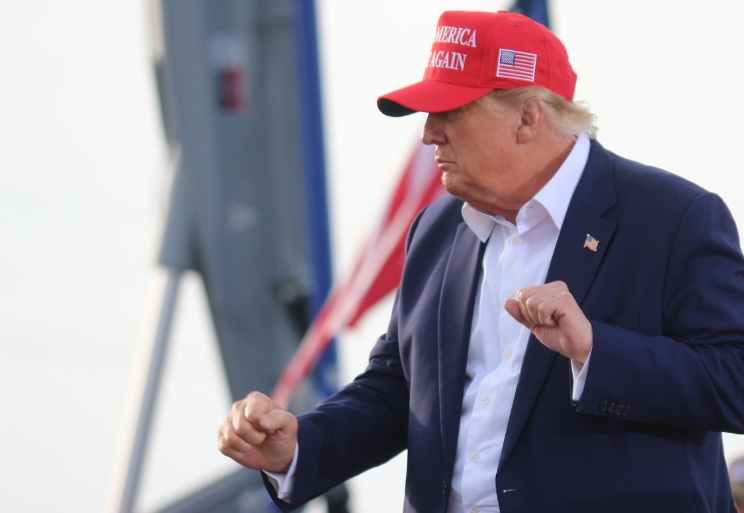Political polarization is a growing issue that occurs when political beliefs, attitudes, and values become increasingly opposed, creating larger gaps between political groups with less middle ground. Walking through my school, the halls buzz with political conversation, whether it’s on the upcoming election, abortion rights, or the right to bear arms. It’s embedded in our society. I remember walking around as a kid in elementary school and hearing similar conversations. But one problem I noticed is that people, including kids my age, have a tendency to avoid people with opposing opinions, or when hearing one, they completely turn away. This encourages ignorance and undermines the democratic values our society was constructed with.
An experiment was conducted at a summer camp in 1954 by social psychologist Muzafer Sherif, where 22 boys were separated into two groups. After a week the two groups learned of the other. “The boys in the other group were seen not just as rivals, but as fundamentally flawed human beings. Only when the two groups were asked to work together to solve a common problem did they warm up to one another.” This is an example of tribalism. Tribalism is human nature, it’s a psychological phenomenon where one displays total loyalty to a specific group, prioritizing group identity over individual. Although this is human nature, it still negatively impacts our society, especially due to the media and campaigns that take advantage of our emotions.
Media outlets frequently exploit human vulnerability by weaponizing fear and spreading misinformation, which furthers the separation between political groups. “Political bias in the media they consumed had a strong effect on the willingness of US voters to accept the outcome of the 2020 presidential election and their continued faith in the democratic process.” Media influences our daily lives; it even affects our democracy. Most media outlets, such as NBC and FOX News, have a political bias and usually only cover stories and articles that correlate with that bias. If we can’t properly distinguish bias, we will succumb even further to media propaganda and further diverge from one another.
Proponents argue that political tension is needed because it establishes clear policy distinctions and is a sign of passion and active citizenship. But the main issue isn’t that we have diverse opinions, but rather our incapability to remain respectful and open to hearing opinions different from our own that is holding us back.
Political polarization can ruin relationships and hold us back from creating independent values that further our understanding of each other as human beings. Tribalism and media fragmentation are inevitable factors in political polarization, but being open-minded and respectful of another person and enhancing our knowledge of media literacy are factors that we can change. If we as a society learn how to take into account opposing opinions and respect each other as people and not as political parties, we can create a cohesive society while maintaining independent thinkers. If we can’t work together, then how can we as a society maintain a safe and free country?
Sources:
Achenbach, Joel. “Science is revealing why American politics are so intensely polarized.” Washingtonpost.com, Washington post, 20 Jan. 2024, www.washingtonpost.com/science/2024/01/20/polarization-science-evolution-psychology/. Accessed 31 Oct. 2024.
Kaysen, Ronda, and Ethan Singer. “Millions of Movers Reveal American Polarization in Action.”
The New York Times, 31 Oct. 2024, www.nytimes.com/interactive/2024/10/30/upshot/voters-moving-polarization.html?searchResultPosition1.
“Political Polarization.” Gale Opposing Viewpoints Online Collection, Gale, 2024. Gale In Context: Opposing Viewpoints, link.gale.com/apps/doc/UZVQRD514576698/OVIC?u=nm_s_albuqacad&sid=bookmark-OVIC&xid=a6ce544d. Accessed 1 Nov. 2024.


